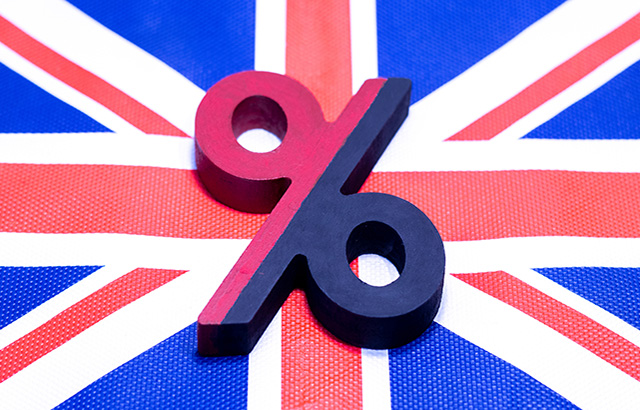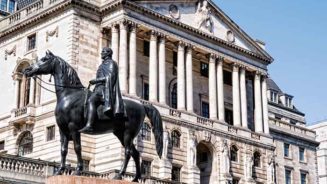The UK has slipped into a technical recession after the economy contracted 0.1% in December and 0.3% in Q4 as a whole, according to the Office for National Statistics.
It marked the second consecutive quarter of economic contraction, after UK gross domestic product fell 0.1% in Q3 2023.
The slight fall in December was mainly attributed to persistently high inflation, structural weaknesses in the labour market and low productivity growth, alongside adverse weather conditions.
Marcus Brookes, chief investment officer at Quilter Investors, said: “These factors affected the performance of the services and construction sectors, which are the main drivers of the UK economy. Retail sales also declined sharply in December, in the face of ongoing high inflation and interest rates as well as changing buying patterns.
See also: Pridham Report: ‘Bruising’ 2023 sees record outflows for UK fund industry
“Some of these challenges are temporary and have already started to ease. The inflation rate held steady at 4% yesterday when many were predicting an increase. Over the coming months, we expect inflation to fall, potentially easing the pressure on UK households, and supporting the recovery of the consumer-driven economy.
“The key indicator to watch is inflation in the services sector, which accounts for the bulk of the UK’s economic activity and employment and reflects the strength of wage growth and consumer demand, which are crucial for the UK’s recovery. As inflation steadies and then reduces, the Bank of England is more likely to cut interest rates to stimulate economic activity and investment.
“The UK economy faces challenges and uncertainties, but it also has many strengths and opportunities. It has a dynamic economy with a skilled and flexible workforce, and the UK is expected to overcome many of the current difficulties and emerge stronger and more resilient in the future.”
Jeremy Batstone-Carr, European strategist at Raymond James, noted the data is evident of deflated activity across all key sectors of the economy, from manufacturing to service and retail as well as construction activity, which was negatively impacted by poor weather.
See also: All I want for Easter is the findings of the FCA’s thematic review
“Nonetheless, while there is an impression of economic stagnation, brighter times surely lie ahead. As winter rolls away, the lagged impact of high inflation and interest rates will work its way through the economy and inflationary pressures will settle, allowing the Bank of England to lower the base rate come summertime,” he added.
Premier Miton CIO Neil Birrell was also upbeat, saying: “Given the modest nature of the contraction, we should not be overly concerned, but today’s figures are nonetheless below expectations.
“This number, on the back of better inflation data, may give rise to some concern over economic strength in the coming year. Most sectors of the economy were weak, but the optimists will point to the fact that there is plenty of scope to cut interest rates should the current trend in inflation and growth accelerate.”
This article was written for our sister title Portfolio Adviser





